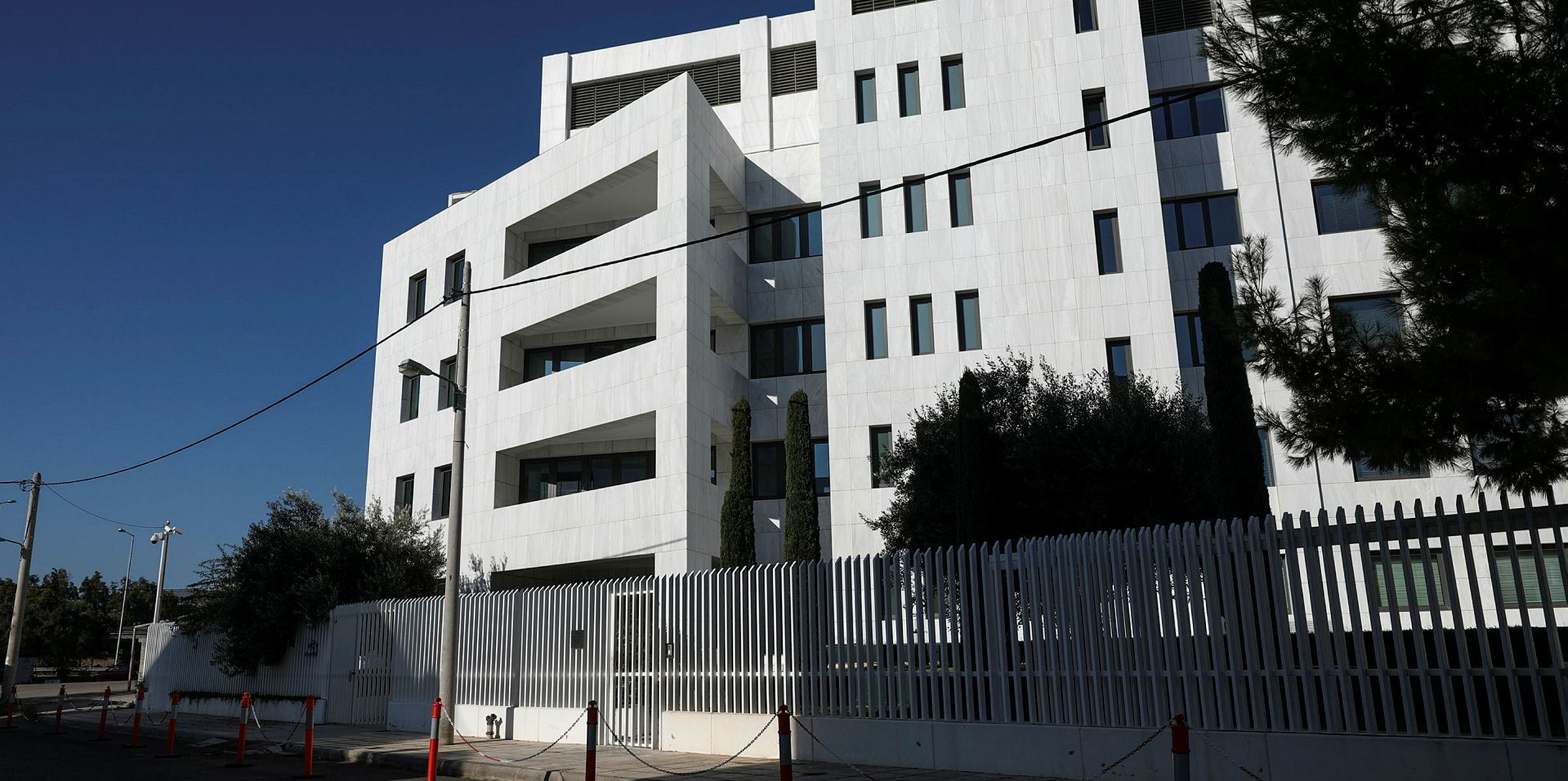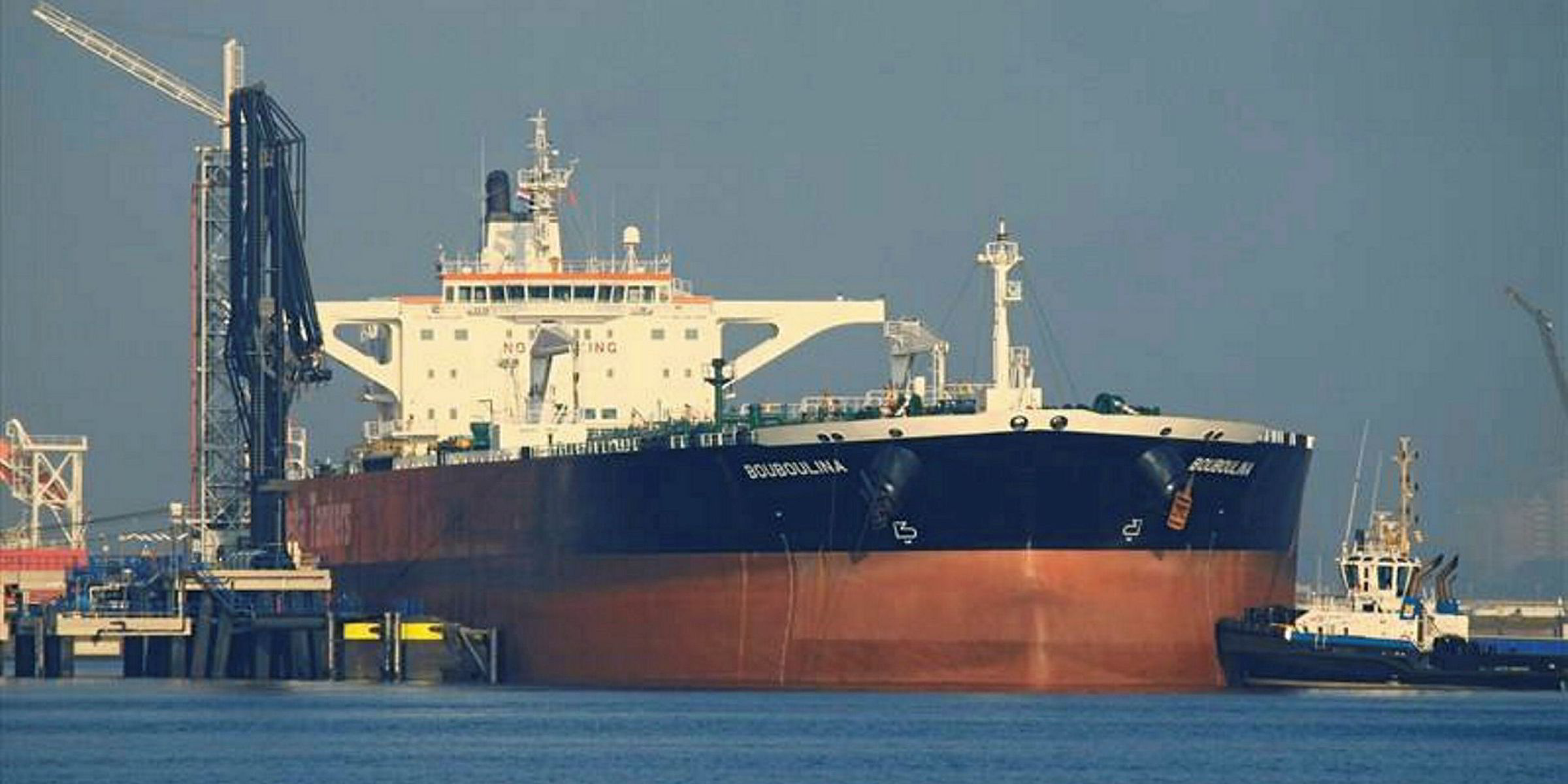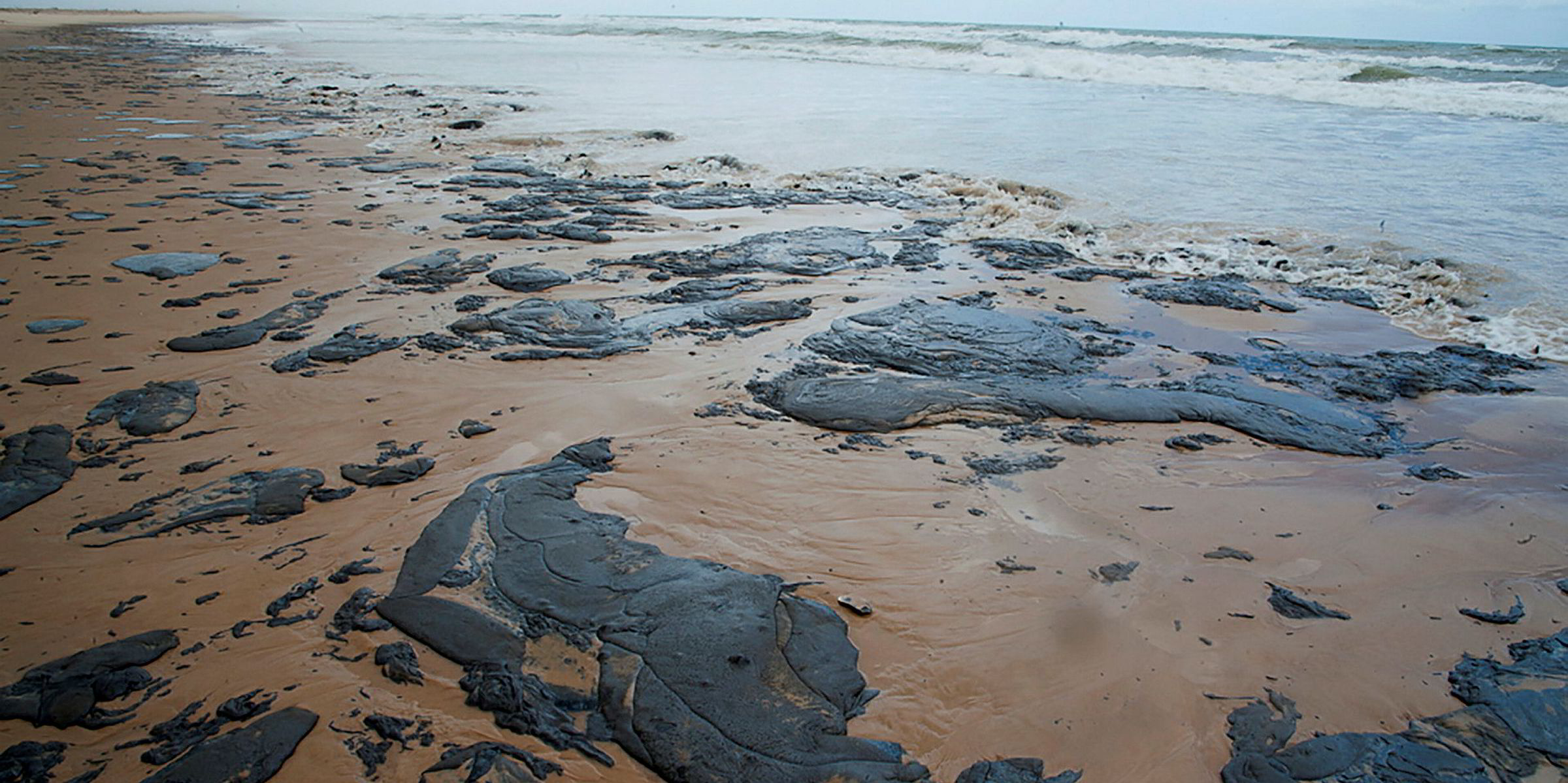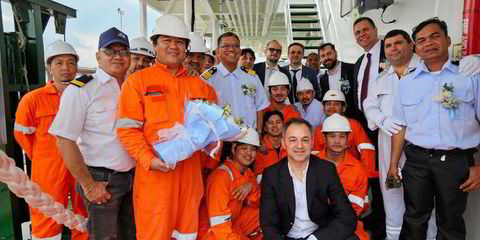A VLCC has been identified as a possible culprit in the oil spill off the country’s northeast coast in July, according to researchers at a satellite image analysis centre in Brazil.
The Satellite Image Processing and Analysis Laboratory (Lapis) at Federal University of Alagoas is scheduled to present its findings to a public hearing into the incident being held by Brazil’s Federal Senate on 21 November.
Lab coordinator Humberto Barbosa told TradeWinds that the new evidence reaffirmed his previous findings that none of the five Greek-flagged tankers that Brazil originally named as potential suspects for the spill were to blame.
That includes the Delta Tankers-owned, 164,000-dwt suezmax Bouboulina (built 2006), which Brazilian authorities, including President Jair Bolsonaro, declared to be the culprit at the end of last month.
'Atypical behaviour'
The ship suspected by Lapis, by contrast, does not fly the Greek flag and its gross tonnage is twice that of the Bouboulina. Its course showed “atypical behaviour” that can be read as "evidence that an incident may have occurred during its course”, Lapis said in a blog post.
The ship was sailing in the area with its transponder off during much of July and the first half of August. Abrupt changes in its direction could indicate "suspicious behaviour or a major mechanical problem”.
Among the few facts Lapis has published about the ship is that it departed Asia on 1 July and that it wandered in the Atlantic before returning to its home Asian port on 13 August. "Currently, the suspect ship follows an apparently normal route from Venezuela to Singapore with the transponder on," researchers said.
Lapis based its analysis on marine geo-intelligence data cross-referenced with satellite information, in combination with US satellite image analysis outfit SkyTruth.

SkyTruth, which has also been looking separately into the matter, said on its website it doubts Brazilian authorities’ suspicion of the Bouboulina.
However, Brazilian authorities have so far been sticking to the Bouboulina as a culprit, citing their own analysis of satellite images, data and oil-slick samples.
They have found that the crude washing up on the country’s shores is Venezuelan crude, of the kind the Bouboulina was carrying.
Potential suspect vessels
As TradeWinds has reported, in addition to Delta Tankers, Brazilian authorities sought information on potential suspect vessels controlled by Greek owners Minerva Marine, Maran Tankers and the Greek management subsidiary of Belgium's Euronav.
All have vehemently denied any involvement. Their claims are backed by the Greek government, which said it has found nothing in their ships’ records that would point to a spill.
According to latest estimates, more than 6,000 tonnes of crude have been collected from various parts of Brazil’s Atlantic beaches stretching over hundreds of kilometres.






